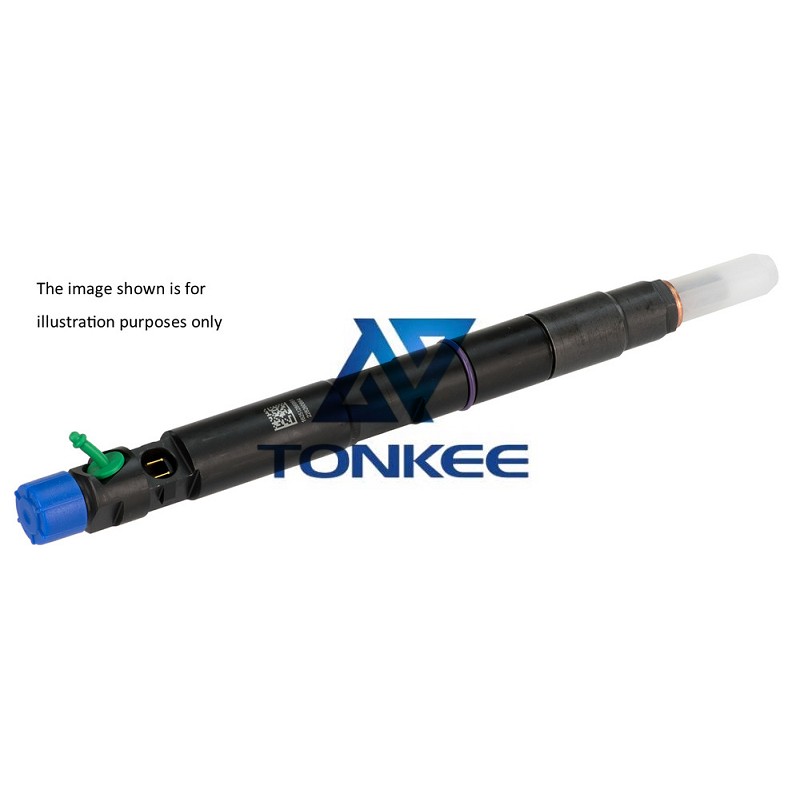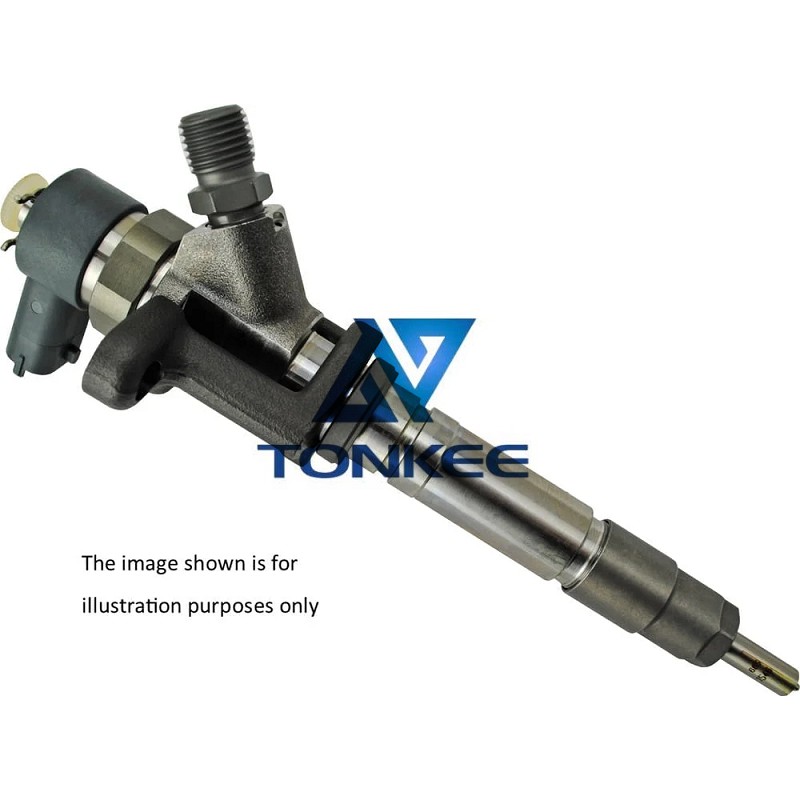
Common rail diesel injectors are a crucial component in modern diesel engines, responsible for precisely delivering fuel to the combustion chamber.
This technology offers advantages like improved fuel efficiency, reduced emissions, and enhanced engine performance.
Key Specifications You Might Find in a Common Rail Diesel Injector:
Compatibility: The injector should be compatible with a range of diesel engines, including various makes and models. Compatibility is essential to ensure it can be used in a broad array of applications.
Pressure Rating: Common rail injectors operate under high pressure, often exceeding 2,000 bar (29,000 psi). The pressure rating is a crucial specification as it determines the injector's ability to atomize and deliver fuel effectively.
Flow Rate: The injector's flow rate refers to the volume of fuel it can deliver per unit of time, typically measured in milliliters per minute (ml/min). The flow rate is adjusted according to the engine's requirements.
Nozzle Design: The nozzle's design plays a vital role in achieving efficient fuel atomization.
A well-designed nozzle contributes to improved combustion, reduced emissions, and enhanced fuel economy.
Electronically Controlled: Many modern diesel engines rely on electronic control systems to optimize fuel delivery. An electronically controlled injector allows precise adjustments to injection timing and duration.
Materials and Durability: The materials used in the injector's construction are crucial for its longevity and resistance to wear and corrosion, given the harsh operating conditions of diesel engines.
Serviceability: Ease of maintenance is essential. Some injectors feature replaceable components and designs that minimize the need for frequent servicing.
Environmental Compliance: Meeting emission standards is vital. Common rail injectors must contribute to reduced emissions and improved environmental performance.



 English
English Русский язык
Русский язык



